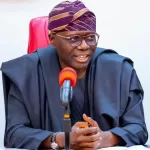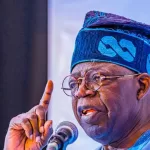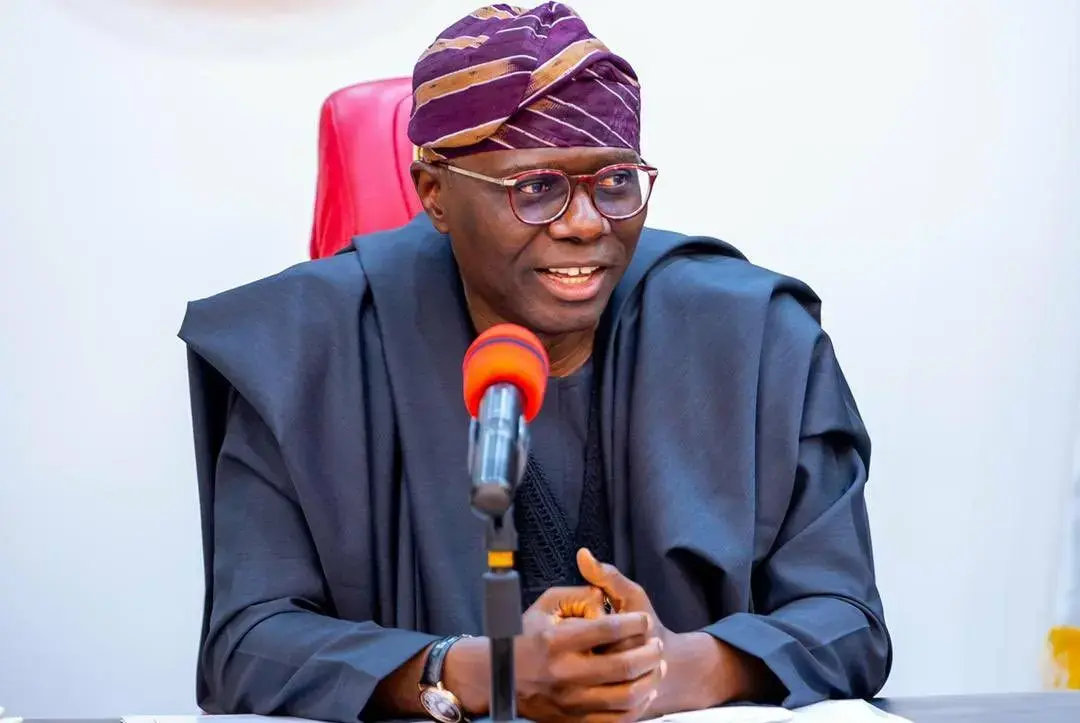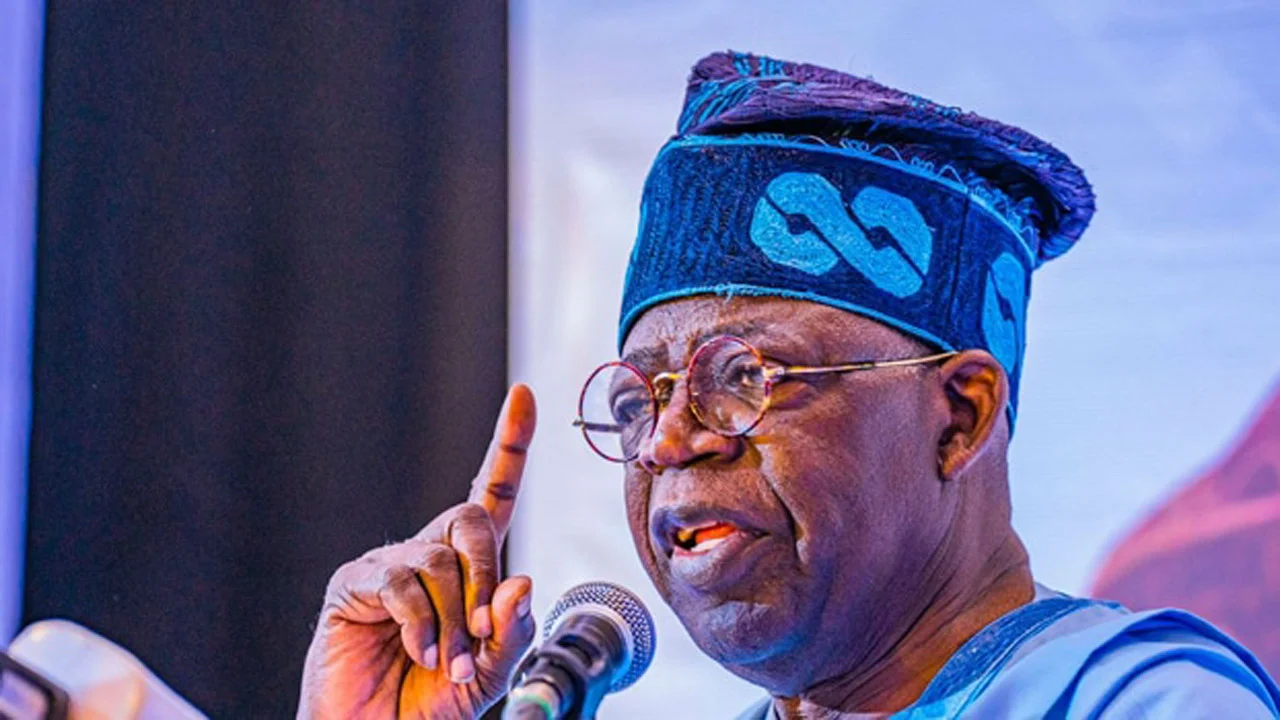The Federal Government’s decision to increase the minimum wage to N70,000 is a welcome development for Nigerian workers. This new wage, agreed upon after negotiations between President Bola Tinubu, organized labor, and the private sector, represents a significant improvement from the initial offer of N62,000.
The journey to this point has been long and arduous, with labor unions demanding a higher wage of N250,000. While the agreed-upon figure may not meet their expectations, it demonstrates the government’s willingness to listen and compromise. This increase will positively impact the lives of millions of Nigerian workers who have been struggling to make ends meet.
The history of minimum wage in Nigeria is a testament to the country’s growth and development. From the first minimum wage policy introduced in the Western Region in 1954 to the current increase, the government has shown a commitment to improving the welfare of its citizens. The new minimum wage is a continuation of this trend and a step in the right direction.
However, the implementation of this new wage poses challenges, particularly for state governments and the private sector. It is crucial that all stakeholders work together to ensure a smooth transition and minimize potential disruptions. The government must also ensure that this increase is not offset by inflation or other economic factors that might negate its impact.
The increase in minimum wage is not only a victory for workers but also a boost to the economy. As workers have more disposable income, they are likely to spend more, thereby stimulating economic growth. This move has the potential to reduce poverty and inequality, aligning with the government’s economic development goals.
In conclusion, the new minimum wage of N70,000 is a positive step forward for Nigeria. It demonstrates the government’s commitment to improving the lives of its citizens and stimulating economic growth. As the country moves forward, it is essential to continue prioritizing the welfare of workers and ensuring that economic growth benefits all Nigerians.
A brief overview of the minimum wage journey in Nigeria from independence ¹:
- 1954: The Western Region, under the leadership of Obafemi Awolowo, introduced the first minimum wage policy in Nigeria, doubling the amount paid to workers in other parts of Nigeria.
- 1959: Awolowo campaigned for a National Minimum Wage of 5 pounds, but the federal government didn’t implement it.
- 1981: President Shagari signed the first National Minimum Wage law, setting it at 125 Naira (approximately 265,000 Naira today, using the 2024 exchange rate).
- 2000: The minimum wage increased to N5,500.
- 2011: President Goodluck Jonathan signed a new National Minimum Wage into law, increasing it to N18,000.
- 2019: The National Minimum Wage Act increased the minimum wage to N30,000.
- 2024: The Federal government have resolved to payment of 70,000 naira as minimum wage.
F










